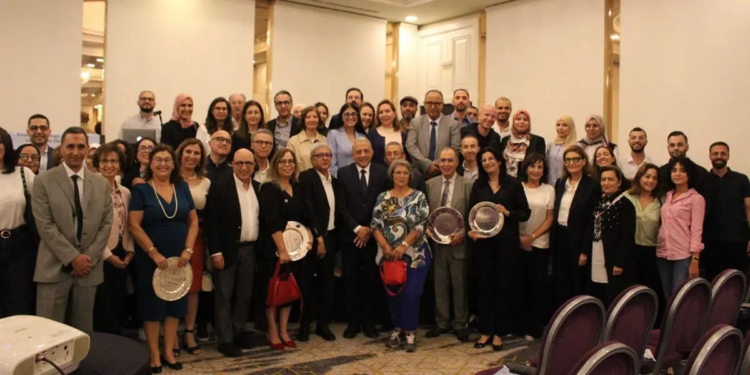In Tunis, the Hédi Raïs Institute, a national reference in ophthalmology, becomes the scene of a double story: that of technological modernization and social unease.
Light and shadow
On November 1, 2025, the Ministry of Health celebrated the 11th scientific day of the Hédi Raïs Institute of Ophthalmology.
In front of an audience of practitioners, Minister Mustapha Ferjani welcomed the “alliance between science and humanity”, announcing the launch of an artificial intelligence program for retinal photography, intended to bring medical services closer to inland regions.
“We are working to put technology at the service of health and territorial equity,” he declared.
“The Hédi Raïs Institute remains a school of science and hope, where eyes light up and hearts beat for better health. »
Clear, almost poetic communication.
But, a few days apart, another message – much less peaceful – burst from the same walls.
The other face of the Institute
On October 28, the General Health Federation, under the UGTT, published an alarming press release.
She denounces a “serious deterioration of the social climate” and a “systematic tightening of union work”.
At issue: the closure of the headquarters of the basic union of the Hédi Raïs Institute and the transfer of its general secretary, Noufel Rahim, to the regional health directorate of Tunis – a decision signed by the minister, justified by the “need for service”.
For the central union, this is a “arbitrary measure and a frontal attack against trade union rights”.
The statement warns:
“These practices constitute a dangerous precedent and a methodical targeting of trade unionists. »
“We call for the immediate reopening of the union headquarters and the cancellation of the transfer, otherwise the mobilization could expand until the general strike. »
Thus, the same institute cited as a model of modernity becomes, at the same time, a symbol of a deep social malaise.
The paradox of progress
On the one hand, the ministry positions technological innovation as a remedy for territorial divides.
On the other hand, caregivers denounce a more intimate fracture: that of broken dialogue.
This contrast illustrates a broader trend in the Tunisian health system:
the modernization of infrastructure is progressing faster than the improvement of human conditions.
At Hédi Raïs, we are experimenting with artificial intelligence to see better.
But, for many staff, it is their view of the work that is blinded.








